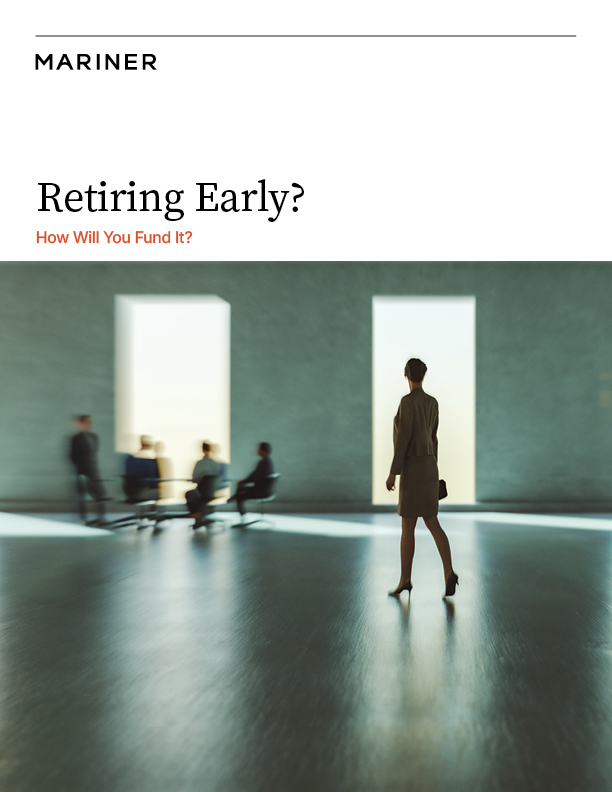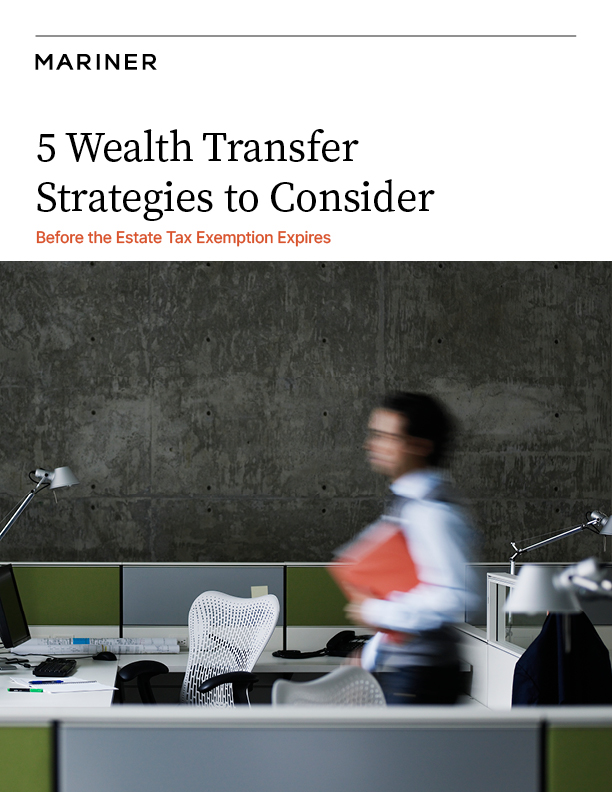Access to a wealth of knowledge and solutions.
The right support makes all the difference. That’s why our advisors have access to an in-house team of wealth management professionals. They use their knowhow to tap into the right resources and solutions for your complex wealth challenges. Because when advisors have access to a more collaborative approach, you get access to more sophisticated solutions.


Interested in Working
With a Top-Ranked Advisor?
Barron’s has ranked our firm as a top five RIA for the last eight years. As a nationally recognized firm with a local presence across the country, we offer wealth management from advisors focused on helping you navigate your financial future.
Barron’s Top RIA Firms: Barron’s awarded 2023 #4, 2022-2020 #5, 2019 #4, and 2018 #3 rankings to Mariner Wealth Advisors (MWA) based on data compiled for MWA and the 2017 #2 and 2016 #1 rankings to Mariner Holdings (MH) based upon data compiled for MH registered investment adviser subsidiaries. Rankings for 2016 – 2023 were published in September of each award year and were based on June 30th data, including annual figures for the previous three years. No fee was paid for participation in the rankings; however, MWA has paid a fee to use the ranking.
Services for Individuals
We’ll design a wealth management strategy that integrates investments, taxes, estate planning, trusts and insurance solutions and reflects how you think about money and life.
Services for Businesses
We offer retirement plan services, tax strategies, institutional cash management and specialized business services as part of an integrated business financial strategy.
A Fresh Approach to
Your Financial Goals
Discover Time-Tested Wealth Planning Strategies

INSIGHTS
From Santa to the Easter Bunny: Rally Momentum or Melt-Up Zone Ahead?
The Big Picture Final Chapter: Worker Productivity
PODCAST
Your Life
Simplified
We can help you take the complex and make it simple. Our podcast hosts Mike and Valerie share need-to-know insights about finances and wealth.
LATEST EPISODE
Your needs evolve. So do we.
From executives to professional athletes and medical professionals to business owners, we understand that everyone has unique wealth situations. At Mariner, we have advisors who specialize in these areas and more, and through the support of our in-house teams, our advisors are equipped to solve complex wealth challenges.
Professional Athletes
Dental Professionals
Business Owners
Medical Professionals
Sign Up for Live Webinars
Check out our webinars where we discuss wealth planning topics including estate planning strategies, tax planning and investing, along with our take on the markets and economy, all to keep you up to date as you make financial decisions.


